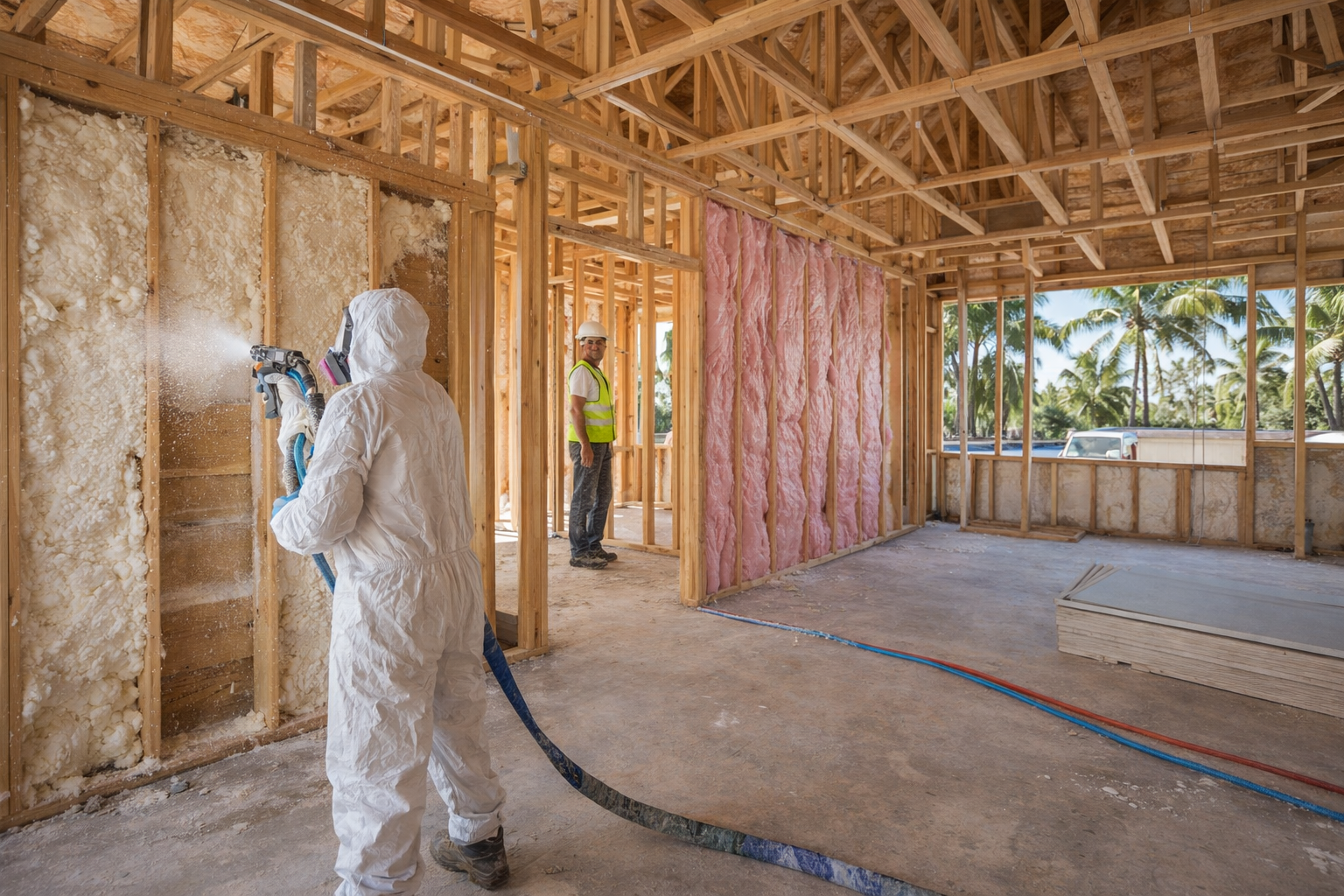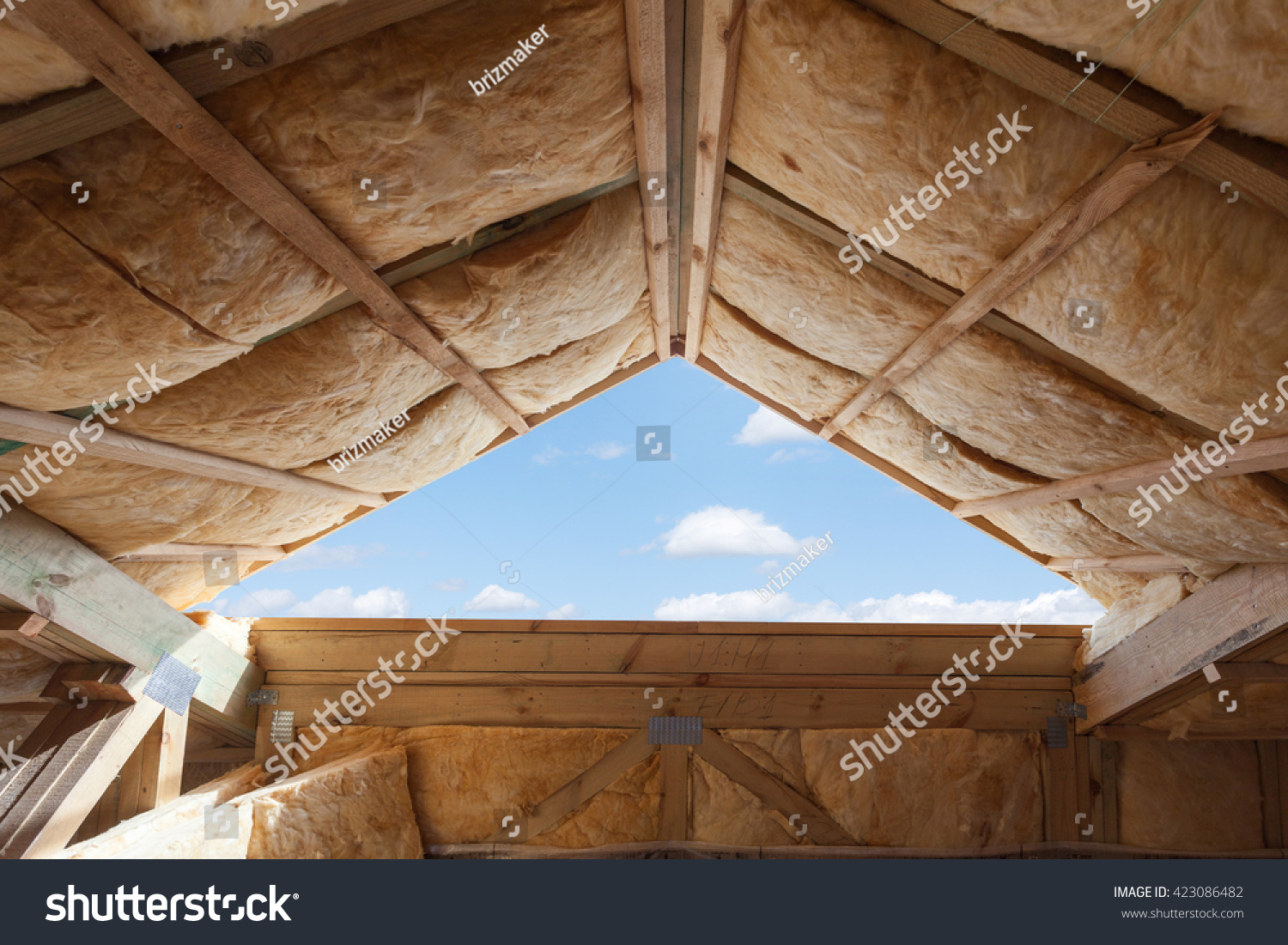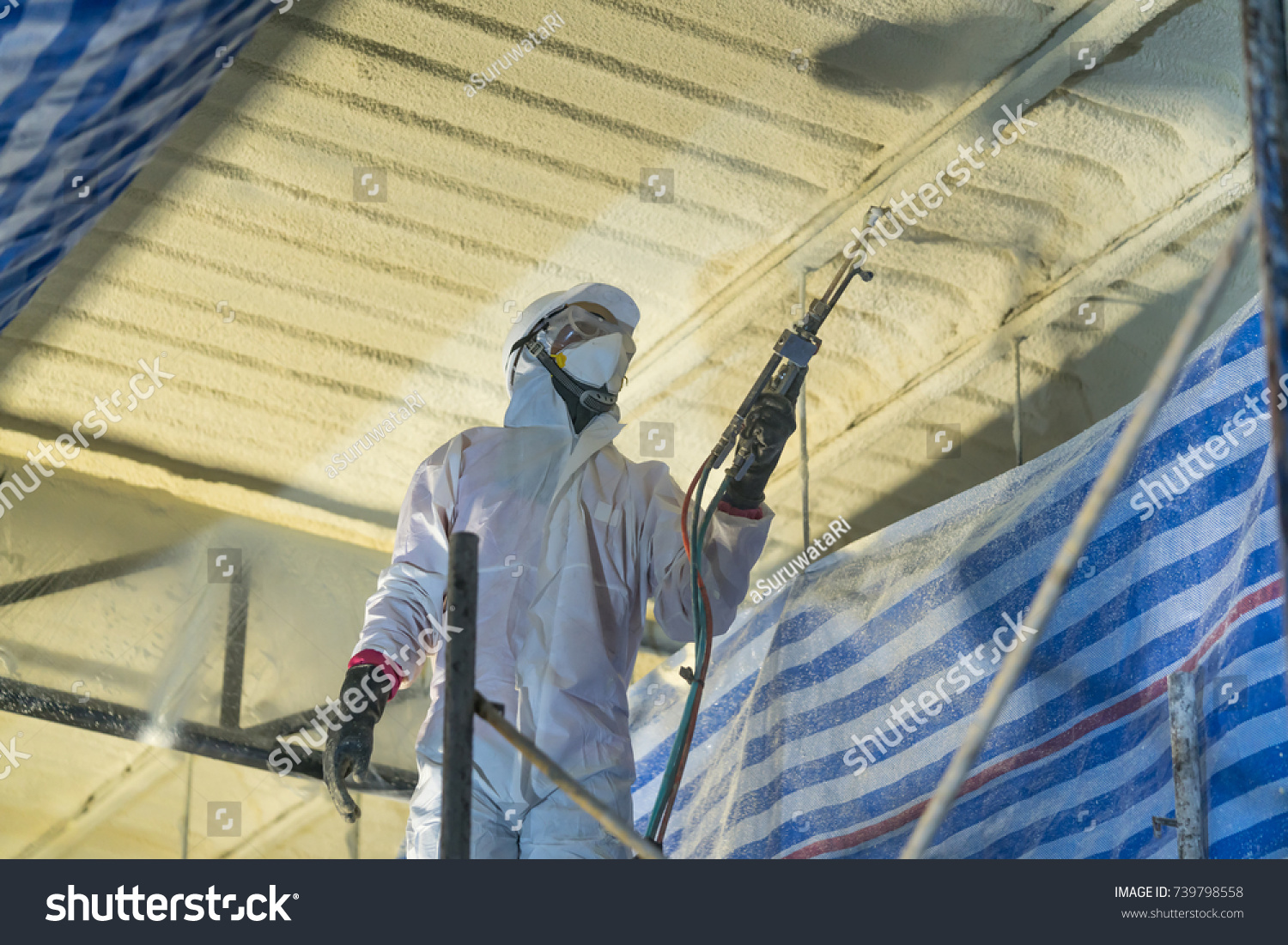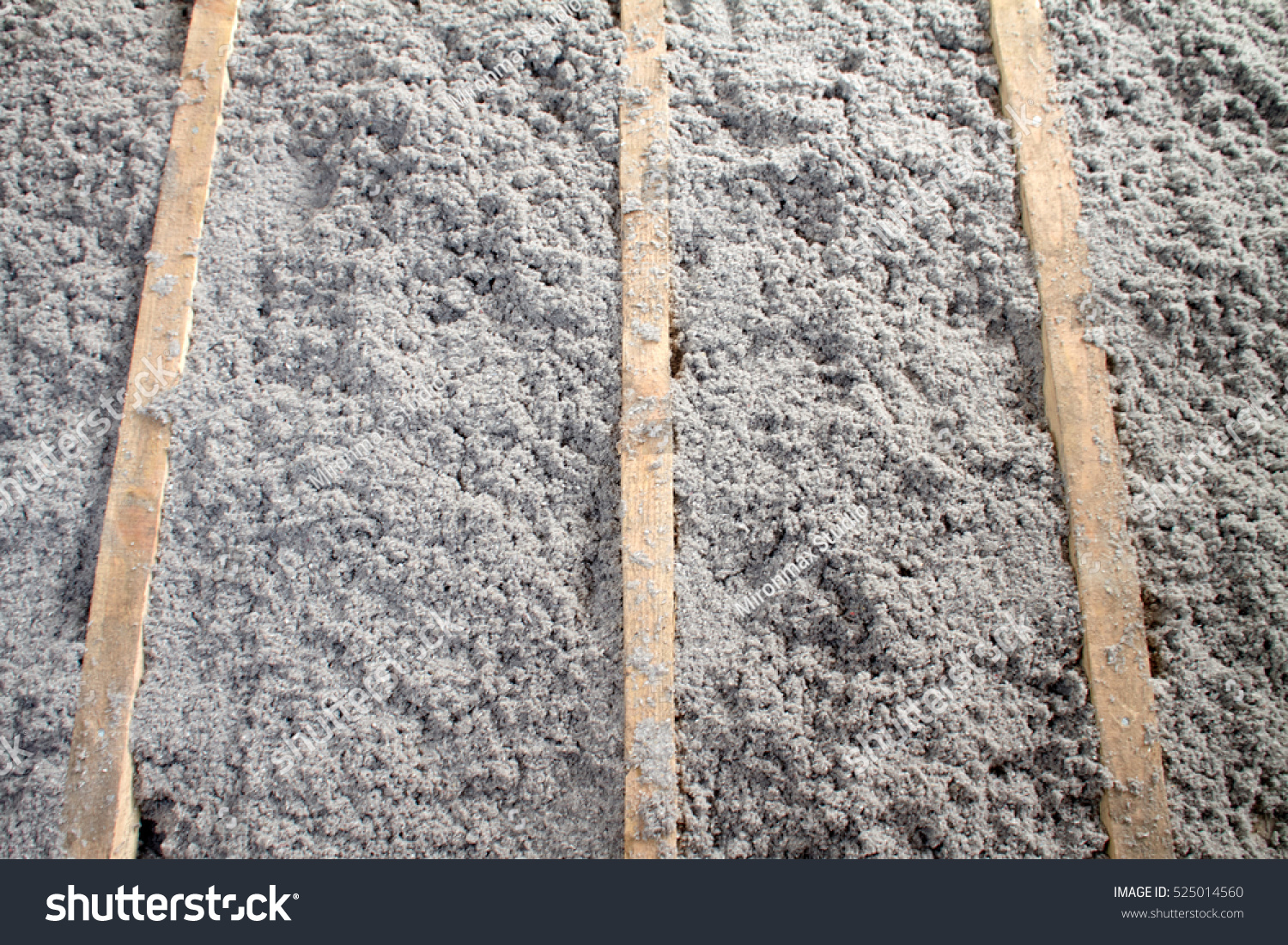5 of the Best Insulation Materials for Commercial Buildings

A building must always be fitted with various features to ensure everyone who enters and uses it is safe. After all, a building must serve the needs of its occupants, and the slightest neglect of safety can have serious consequences. Naturally, this also means installing fixtures for comfort in a residential or commercial building. There are different ways of doing this, but one of the easiest is through insulation.
Insulation is a material used to reduce the heat, cold, or sound that passes through walls, ceilings, and floors. This is essential for any building because it helps maintain a comfortable temperature and reduce noise levels. While it can be installed in any building, it matters more in a commercial building because it also allows for energy efficiency apart from maintaining the interior temperature. However, the tricky part is choosing the proper insulation because commercial buildings require different insulation types than residential buildings. To help you with this, here are some of the best insulation materials for commercial buildings:
#1 - Fiberglass Blanket
Fiberglass blanket insulation is one of the most common and widely used insulation materials for commercial buildings. This type of insulation is made from recycled glass fibers and is available in rolls of varying thicknesses. It is an efficient and cost-effective way to reduce energy costs by regulating the interior temperature, thanks to its composition. It is also an excellent noise absorber, making it ideal for businesses that need to keep noise levels low. As for installation, fiberglass blanket insulation is easy and does not require specialized tools or equipment.
#2 - Fiberglass Board
Fiberglass board is another popular insulation material for commercial buildings. This type of insulation is made from fiberglass, but unlike blanket insulation, it comes in rigid boards that can be cut to fit into walls and ceilings. It is an excellent choice for businesses because it can provide higher insulation levels and has better soundproofing properties. It is also more fire-resistant than other types of insulation. However, fiberglass board insulation can be more challenging to install than blanket insulation and may require specialized tools and equipment.
#3 - Loose-Fill Insulation
Also known as blown-in insulation, loose-fill insulation is made of tiny particles of fiberglass, cellulose, or mineral wool, which are then blown into a space using a special machine. This type of insulation is excellent for businesses because it can be used in difficult-to-reach areas, such as around wires, pipes, and other obstacles. It is also very effective at reducing sound, making it an excellent choice for businesses that need soundproofing.
The downside to loose-fill insulation is that it can be more challenging to install than other types of insulation and requires specialized equipment. It can also be prone to settling and may need to be topped up more often than other types of insulation.
#4 - Rock Wool
Rock wool insulation is made from volcanic rock, like basalt and diabase, that has been melted down and spun into fibers. It is often used in commercial and industrial buildings because it is fire-resistant, non-combustible, and provides excellent soundproofing. It is also very effective at regulating temperatures and can keep buildings warm in the winter and cool in the summer.
Rock wool insulation is also very durable and can last many years without needing to be replaced. It is also resistant to mold and mildew, making it an excellent choice for areas with high humidity.
#5 - Spray Foam
Spray foam insulation is a popular choice for both residential and commercial applications. It is created by combining two chemicals which expand and harden into a foam-like material when sprayed. The foam seals and insulates, providing excellent protection from heat, cold, and sound. Spray foam insulation offers a high R-value, which is very effective at reducing energy costs. It is also resistant to water, mold, and pests, making it an ideal choice for areas with high humidity.
What Should You Choose?
The best insulation choice for you depends on your specific needs and the area you need to insulate. Factors like climate, budget, and desired R-value play a role in determining which insulation is best, so you may need to consult a professional if you are unsure.
Conclusion
Insulation matters in any commercial building to ensure that the building is adequately heated and cooled. Different types of insulation have different advantages and disadvantages, so you must consider all the factors before deciding. This way, you can get the best insulation material that will last long in your building.
Atlas Insulation provides top-quality insulation services in South Florida. Our professional insulation specialists will ensure your building gets enough insulation for maximum energy efficiency at affordable prices. Call us today at 305 858 3155 to request an estimate!





